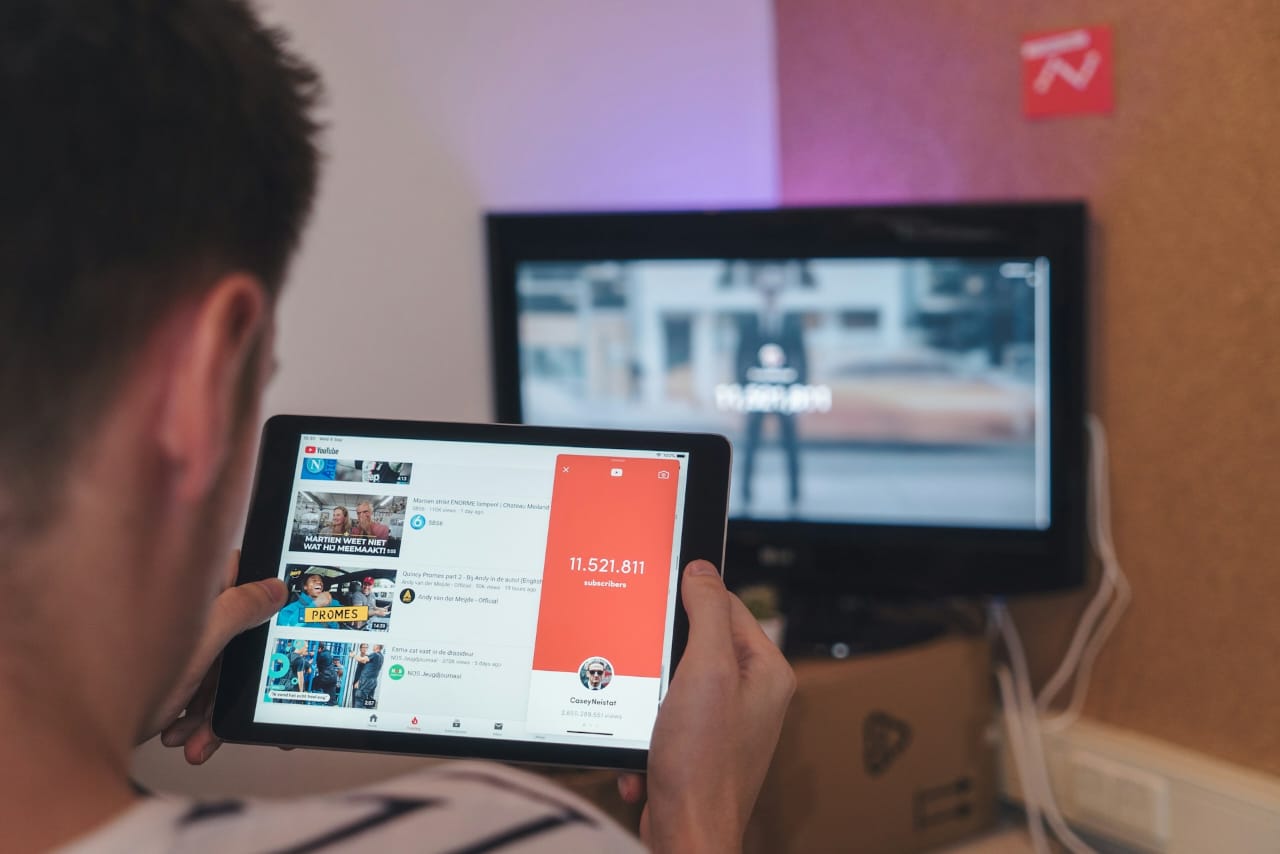YouTube has officially launched its likeness-detection technology for creators in the YouTube Partner Program. This follows a pilot phase conducted earlier this year.
A YouTube spokesperson informed TechCrunch that this marks the first wave of the rollout. Eligible creators received email notifications on the same morning the tool was announced.
The new technology enables creators to request the removal of AI-generated videos that use their likeness, including face and voice.
How the Likeness Detection System Works
The system is designed to protect creators from unauthorized use of their image or voice, particularly in cases where AI-generated content falsely associates them with products or misinformation.
One noted example involved the company Elecrow, which used an AI-generated version of YouTuber Jeff Geerling’s voice to advertise its products without permission.
YouTube outlined the onboarding process on its Creator Insider channel. Creators must go to the “Likeness” tab, agree to data processing, and scan a QR code on their screen using a smartphone. This leads to a verification page where users upload a photo ID and record a short selfie video.
Once access is granted, creators can review videos flagged by the system. They may request removal under YouTube’s privacy guidelines, file a copyright claim, or choose to archive the content.
Participation is optional, and creators can opt out at any time. YouTube will stop scanning for videos within 24 hours of deactivation.
YouTube’s Strategy for Creator Protection
The technology has been in pilot testing earlier this year. YouTube initially announced its development last year alongside a partnership with Creative Artists Agency (CAA). The goal is to assist celebrities, athletes, and creators in identifying unauthorized AI-generated content on the platform.
In April, YouTube voiced its support for the NO FAKES Act. The legislation is aimed at regulating AI-generated replicas that imitate a person’s image or voice in misleading or harmful ways.
PHOTO: UNSPLASH
This article was created with AI assistance.
Read More






 Thursday, 22-01-26
Thursday, 22-01-26







